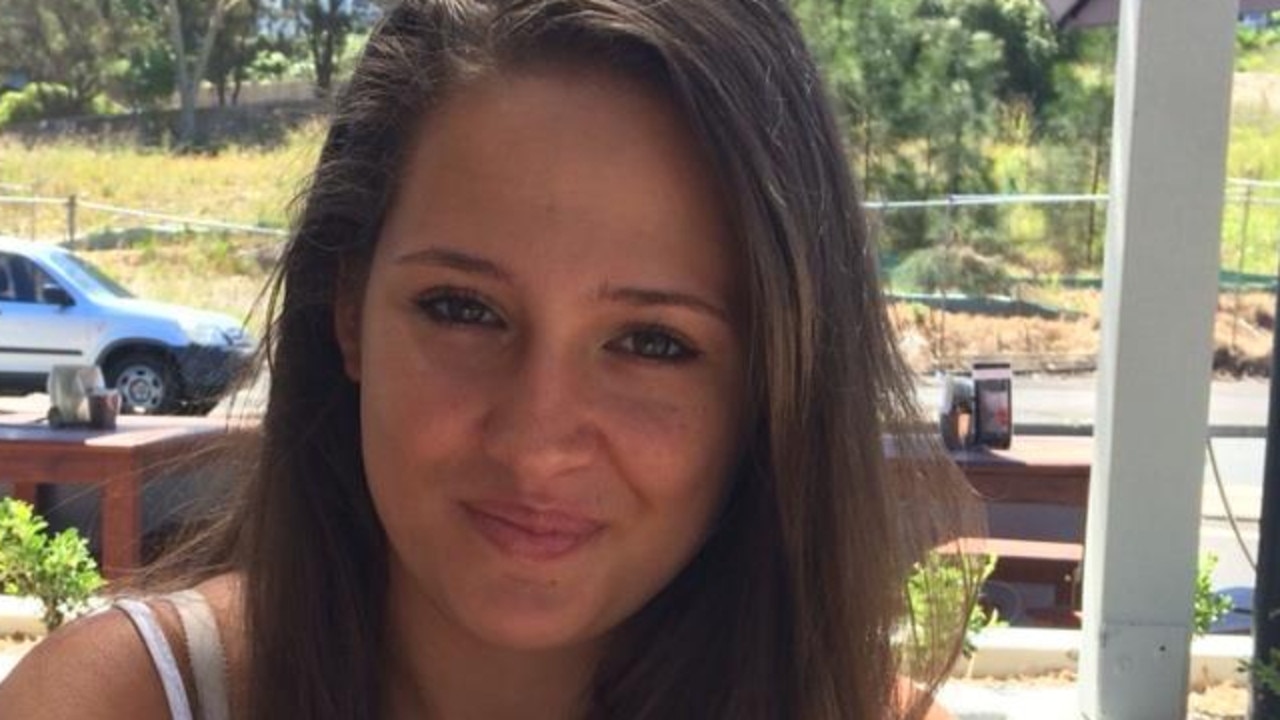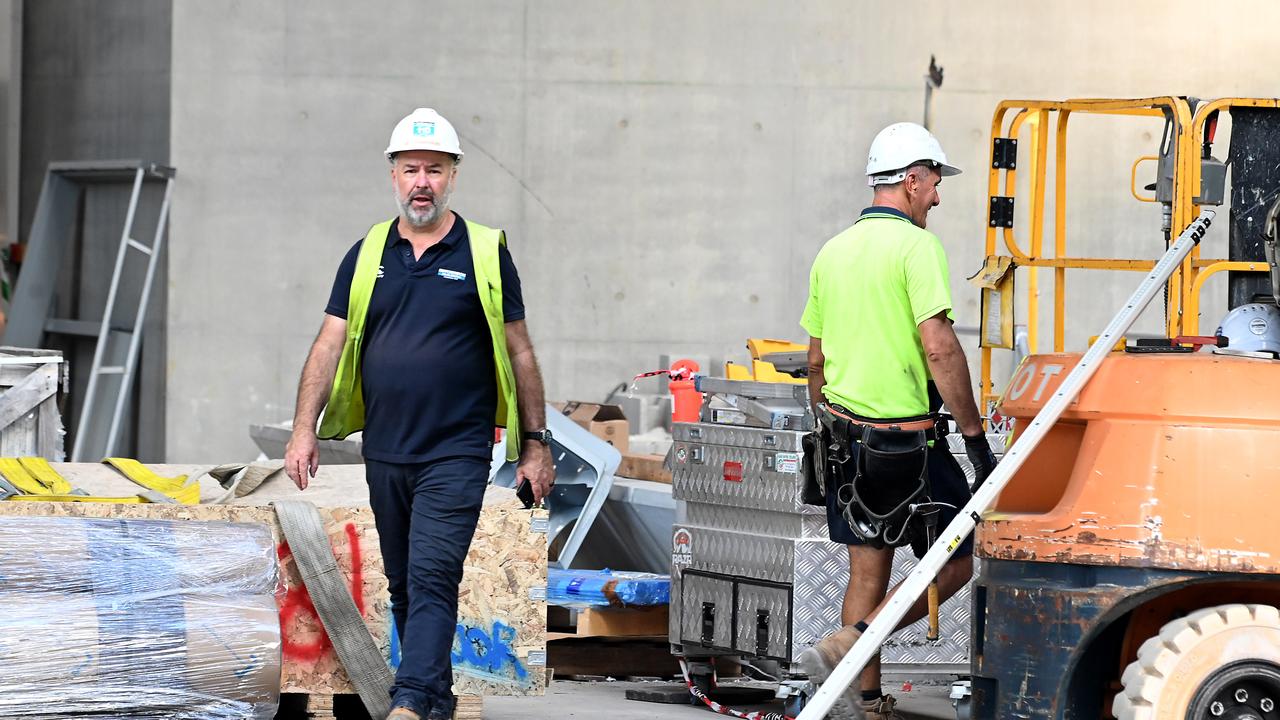What is FIRE: How Aussies are retiring early with financial independence
There’s a new movement gaining speed that means you could retire at 30 – but it does mean adopting some extreme measures.

Aussie mum Michelle Ives is planning to retire at 35 with an investment portfolio worth $2 million that will not only let her live comfortably, but without the need to ever work again.
But how will the 29-year-old reach this dream? By following a movement called FIRE, which stands for financial independence retire early.
It’s a hugely popular financial movement in the US and is starting to grow in Australia, allowing people to retire increasingly at 30 or 40 – well before the average age people give up working.
The mum-of-one previously told news.com.au that the fear of sitting at desk for 60 years lining someone else’s pockets and relying on a boss or corporation for security “scared the sh*t” out of her.
“The thing is growing up I had this idea that wealth is this concept behind a gate and only those who come from money or had an ASX-listed idea could be financially free and that’s not true,” she said.
“I’m sure there are entities that would love you to believe that it’s fine to depend solely on nine-to-five and leave us to do the big deals, but with moderate assets you do make a good return and people can make millions literally by doing this and a lot of people have the potential to do this.”
RELATED: Money question shocking young Aussies

Here’s the downlow on the FIRE movement.
What is the FIRE principle?
It flips the idea of how to save money, offering an alternative approach on how to make it to retirement – by following an extreme savings plan.
Instead of putting away a small amount each week towards superannuation, it’s about living frugally while you’re young so you can build up an investment portfolio and live off that in your 30s or 40s.
Basically, people are encouraged to save up to 70 per cent of their income and put it towards investments, and use the leftovers to pay for every day life.
Backers of the movement encourage people to review their spending, stop purchasing mindless things and reject the consumerism attitude that permeates much of society.
For example, Ms Ives audited her bank statements line by line to uncover spending that just didn’t make sense or “mindless” purchases to eliminate them and free up money.
But it’s not about investing in the latest tech start-up or bitcoin to try and bring in the big bucks quickly with a high risk venture.
Instead, the movement encourages low-risk but strong yield investments to give people the opportunity to live off the passive income – such as dividend returns – many years before superannuation would otherwise kick in.
The FIRE movement was born from a 1992 book called Your Money or Your Life written by two financial gurus, where it compared every expense to the time spent at work and how much that equated to for each purchase.
In recent years, Millennials in particular have been keen to embrace the movement as they look to save up 30 times their yearly income in a speedy way, so they can quit their day job.
RELATED: How to boost your super by $660k

How does it work?
It means a huge rearrangement of how you live, depending on how much money you want to put towards your future life.
The idea is to make sure that your money is always working for you, whether its investing into indexed funds, shares, making voluntary super contributions or using cash saved to offset a mortgage.
For example, Ms Ives investment split is roughly 50 per cent property, 25 per cent in shares with a mix of both index and company funds including Australian, global, ethical, emerging and speculative, 20 per cent into super and 5 per cent cash offsetting the mortgage.
But it requires a huge amount of research and planning, such as working on multiple scenarios and nailing down numbers comprehensively.
It’s worth thinking about what you will do if an investment stream hits an unprecedented low, if an enormous bill unexpectedly shows up, if you will be out of the workforce for an extended period or even if there is a death or major change in your tax circumstances.

What do FIRE proponents do?
Keep their expenses extremely low and look for creative ways to raise more cash, whether it's a promotion at work or a side hustle that you do at night or on weekends.
It’s also about working out a budget and sticking to it too.
Those who follow the FIRE movement also won’t panic when there is market volatility either, like what happened when the pandemic hit. Instead they see it as an opportunity to buy when the stock market dips because they have a long-term view of their investment bringing back returns over a 30-year period.
Basically, it’s about managing money in a safe financial environment to bring in solid returns.
The general rule come retirement is to pull out roughly 4 per cent from your investment egg to live off each year.
But will it require huge sacrifices?
In reality, yes. It potentially means ditching Sunday brunch, takeaways, cutting out your TV subscriptions and those lavish holidays to name a few.
Ms Ives admits she doesn’t splurge on beauty treatments, online gadgets or fancy restaurants.
Others who have tried the FIRE movement have admitted this approach led to a free fall in happiness due to the self imposed deprivation.
Some have also warned the risk of retiring early could mean an inability to pay for life’s curve balls, such as a health issue.

Do people really want to stop working at 30 or 40?
The idea of financial freedom is thrilling for some, while stopping work at such a young age could pose a mental health risk as endless hours stretch out that need to be filled.
Others have claimed it can be hard to deal with judgment about being lazy and not contributing to society.
Ms Ives said she has dealt with different reactions depending on someone’s age.
“People my age are really gobsmacked at the idea that it’s possible to retire at 35 … and want to know how to do it,” she said.
“Older people they tend to have a different response, which could a be a generational thing, for them its like ‘What do you mean you don’t want to work? How are you going to contribute to society and how going to pay tax? You’re lazy.’
“But why should my only contribution to the world be warming a seat in a corporation, it’s a weird way to measure my contribution to society. And I do pay tax on my income when it sits in an investment portfolio and my current income, so I’m paying tax twice.
“The difference is I’m deriving income from my own portfolio versus a corporation or client, so I don’t have to answer to anyone.”
Volunteering for not-for-profits and spending time with time a young family could be invaluable ways to fill your days, she added.
Many FIRE supporters like to start their own business once they reach their goal.




